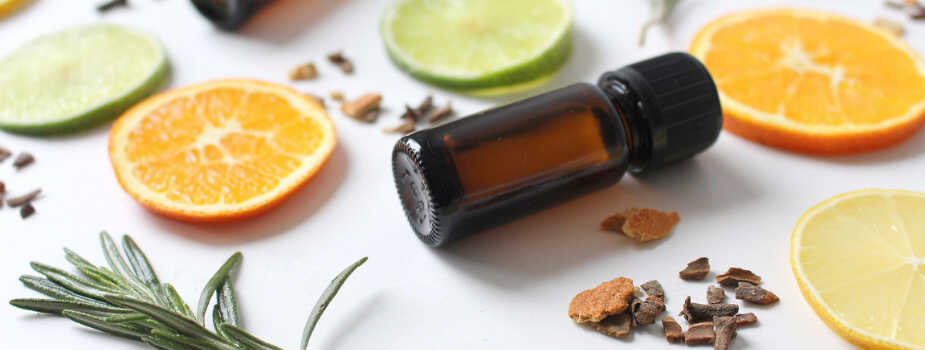
We are mainly familiar with essential oils from aromatherapy. This form of herbal medicine is based on treatment with fragrances. For best effect, inhale the volatile oil. You can also spray it or vaporise it in a special diffuser. Today, essential oils are used more often in the kitchen because they offer new possibilities in terms of flavour combinations. On the other hand, ingesting essential oils offers another way to enjoy their beneficial effects. However, do this with caution or under the guidance of an expert.
What are essential oils?
Essential oils are aromatic fragrances extracted from herbs and plants. They contain natural life force and are often used to support or restore mental, emotional or psychological condition. Delightful aromas or scents do something to you.
Essential oils were already used in Egyptian times to purify the air and as perfume. Smells were clearly very important to the Egyptians. Making essential oils was very expensive, so they were mainly used in rituals and by the rich.
Since the late Middle Ages, essential oils have been used more for their natural healing properties without side effects. People back then regarded bad smells or unpleasant odours as a sign of illness, so they wore pomanders or spherical jewellery with scented oil, incense and spices in it. In these times, specialised pharmacies made these scented mixtures and perfumers were often seen as pharmacists.

Aromatherapy as we know it today dates back to the 20th century, and the time of the World Wars. At that time, lavender oil and other essential oils were experimented with to disinfect the wounds of soldiers. These oils were also used as an alternative to bad or unavailable medicines. It was only later that essential oils were used in massage oil, the scents of which were attuned to the character and mood of the person being massaged.
There are studies that prove the positive effect of essential oils. They are often used in the context of insomnia or anxiety or to increase self-confidence, focus and concentration.
Why ingest essential oils?
The smell and taste of plants and herbs is derived from essential oils. When you eat them, you get a little bit of essential oil. The effect can be even greater if you take essential oils pure. But because they are very concentrated, they can also trigger allergic reactions or cause irritation of the mucous membranes. It is therefore advisable not to take it lightly.
Do you want to take essential oil? Then dissolve the oil drops in a fatty plant oil such as olive oil, coconut oil or sunflower oil. Honey has also been used traditionally as a carrier for essential oils.
Which essential oils can you take?
Not all essential oils are suitable for ingestion. First, choose pure oils of organic quality or with an organic label. Only then can you be sure that it is the pure oil without chemicals or solvents. In order to sell essential oils more cheaply, they are sometimes processed with solvents such as benzene, toluene, butane. And we don't want that!
Some essential oils you can take are:
✔ Peppermint: Can provide rapid relief from bloating. Also works well as a mental and physical booster. After a meal or between meals.
✔ Lemon: Helps with acid regurgitation. It is antibacterial, strengthens the stomach and liver and activates and stimulates the mind. Lemon oil is ideal during heavy mental efforts. It makes you happy and gives you a zest for life.
✔ Mandarin: relaxing and soothing. It makes you as happy as a child. Also works well to support digestion.
✔ Ginger: is warming and gives a feeling of protection. It stimulates and supports digestion. Perfect after a meal or before exercise.
✔ Scots pine: soothes and clears the airways. It is an uplifting fragrance that helps with listlessness such as winter blues or spring fatigue.
✔ Jasmine: an exotic, sensual aroma that brings joy and confidence. Is also an aphrodisiac.
Chocolat Essentiel offers a range of chocolates that combines the power of cacao and acacia honey with essential oils. They are real well-being chocolates full of natural nutrients with which you can take in essential oils in an easy and tasty way. Did you know that the first real pralines were made by a Belgian pharmacist who incorporated his medicines into chocolate to make them taste better?
Pralines with essential oil
Essential oils in the kitchen
Essential oils are a perfect match for a natural cooking style that goes back to basics and uses pure ingredients. They offer new opportunities to upgrade dishes in terms of flavour combinations and aroma. A small amount of essential oil is often enough to give a refreshing taste to a dish.
Essential oil is a good complement to dried herbs, with the advantage that oil is better absorbed by the body. The intensity of an essential oil is comparable to that of a fresh plant.
The safest way is to dissolve essential oil in vegetable oil such as olive oil. In sweet dishes, you can dissolve the essential oil in agave syrup, honey or coconut oil.






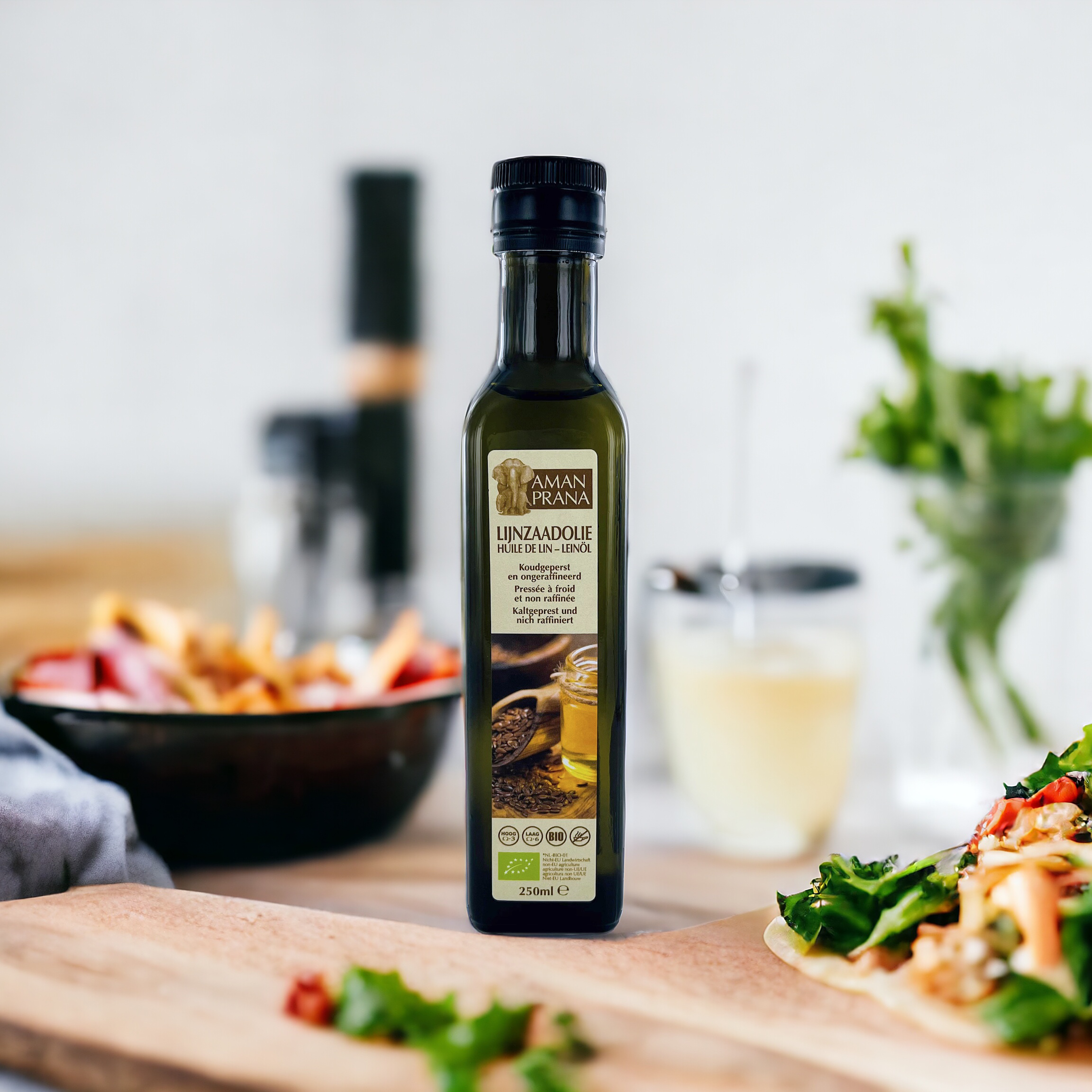
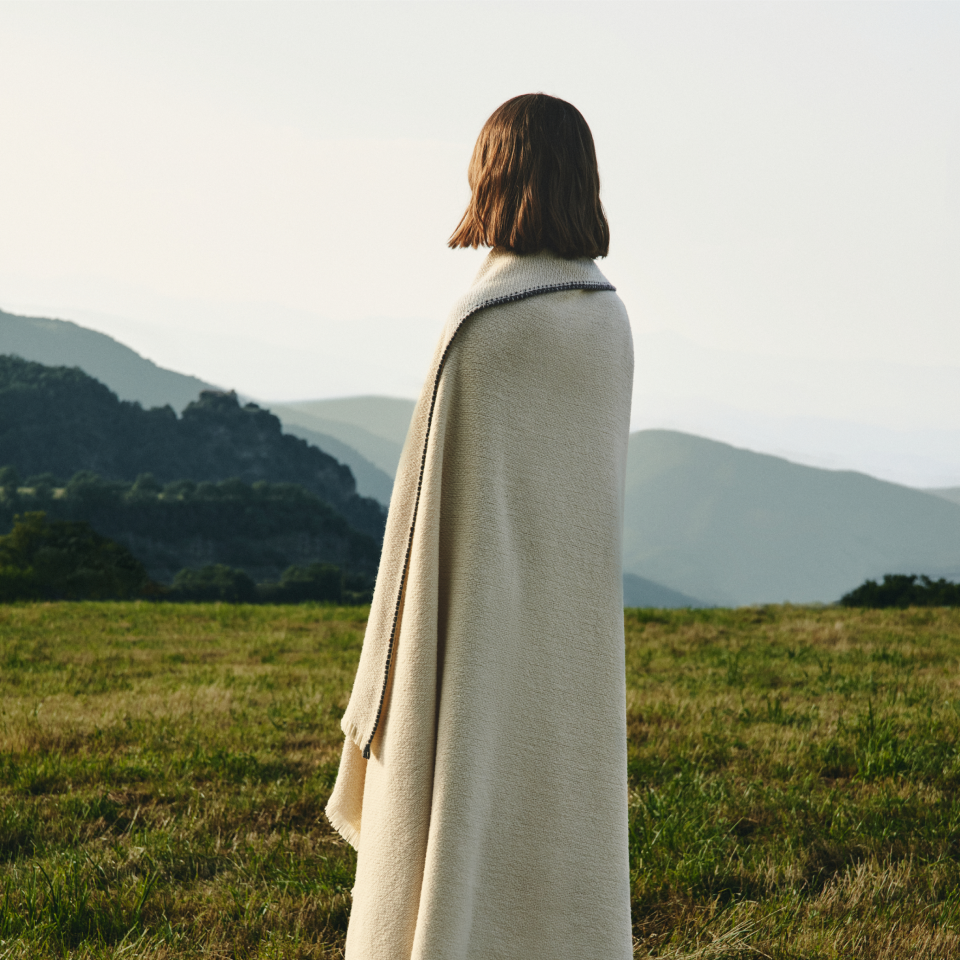
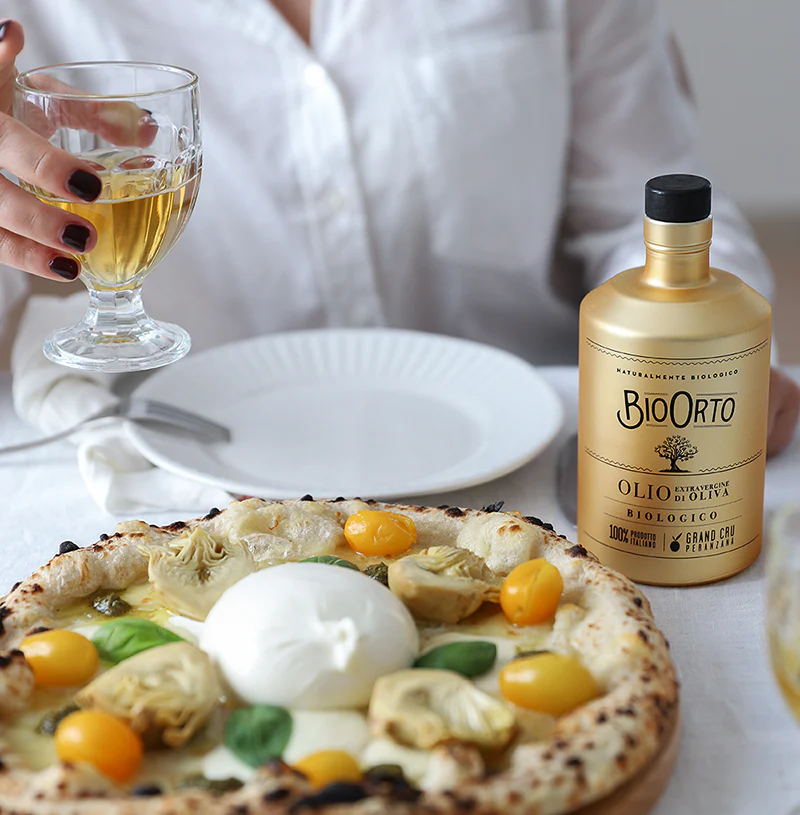
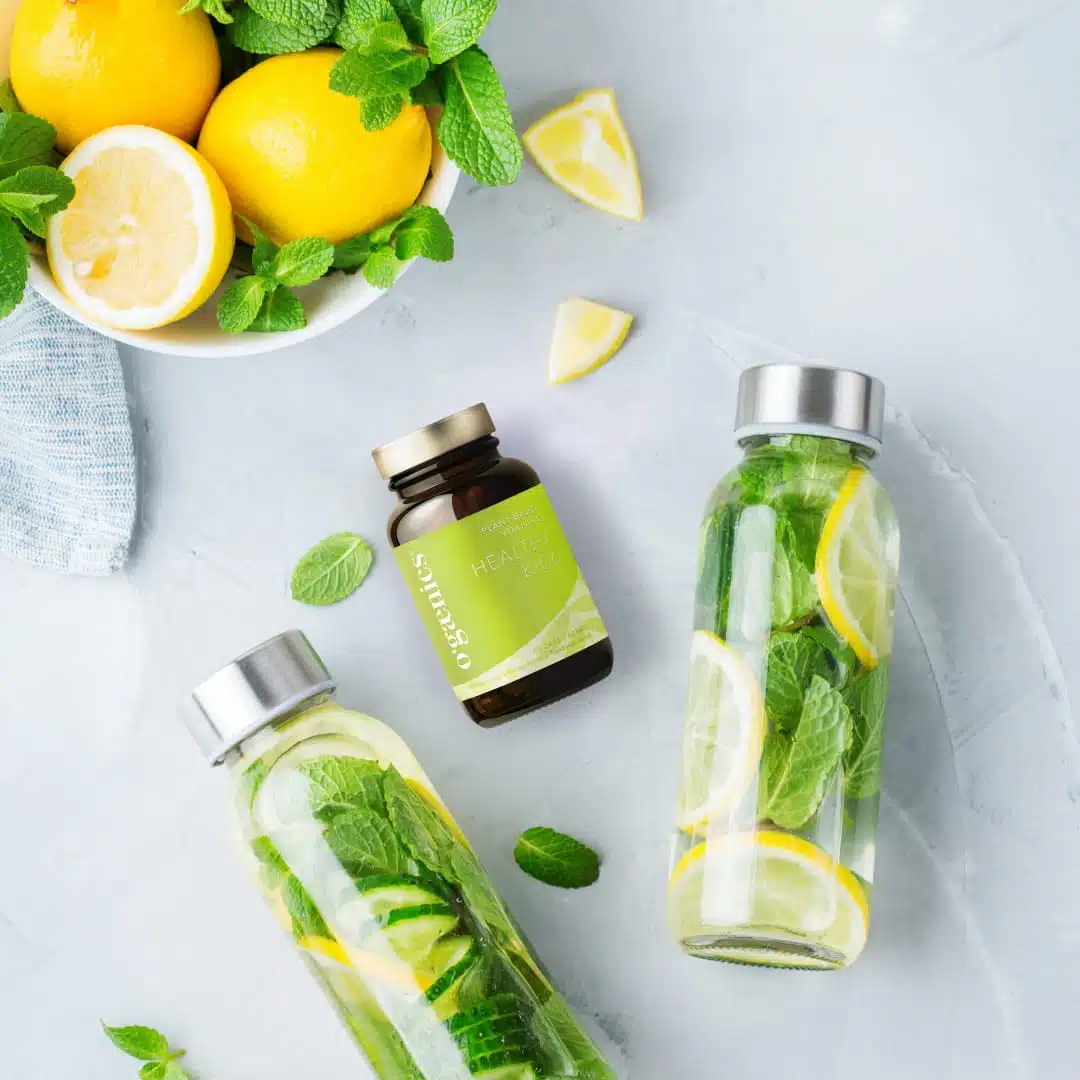
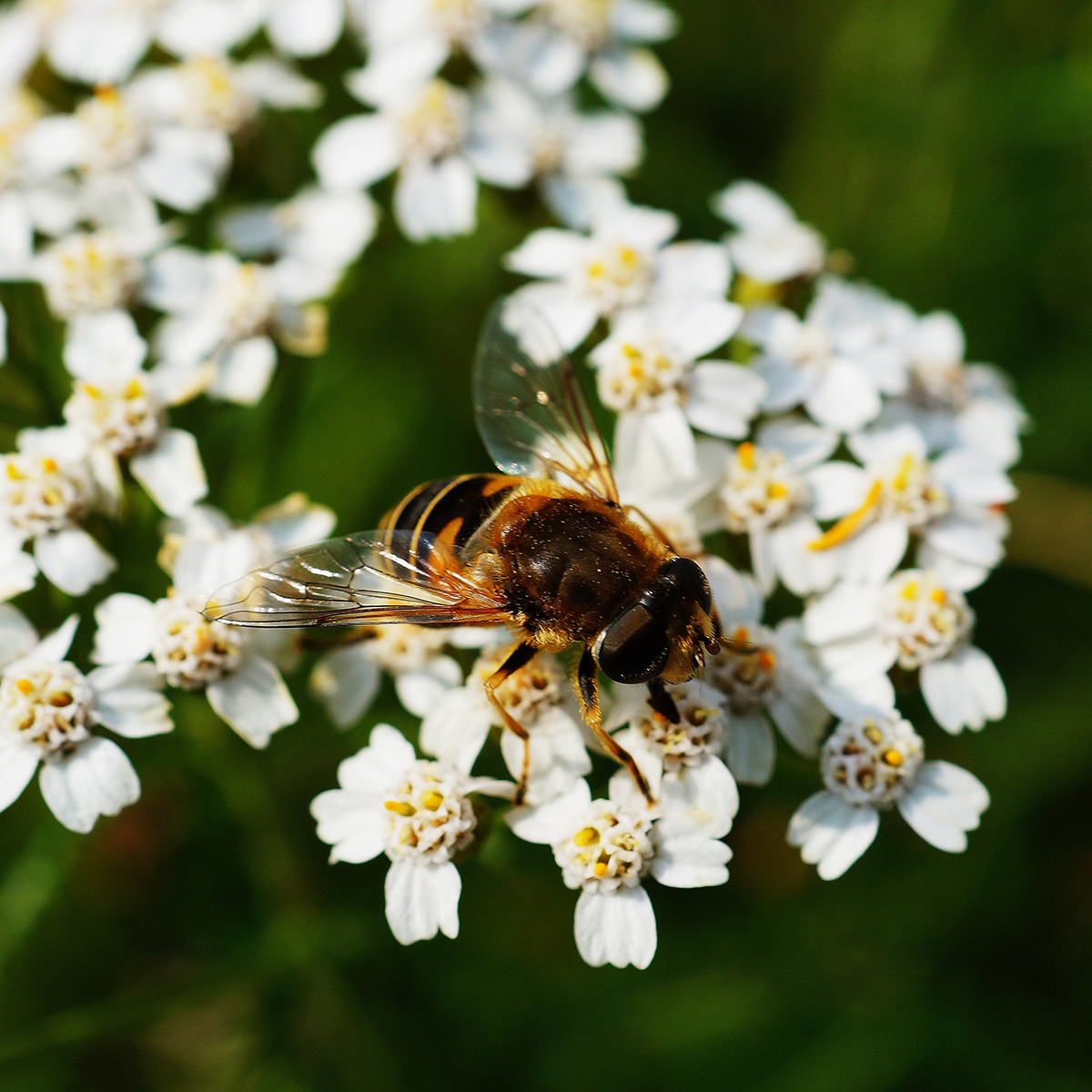
The information below is required for social login
Sign In
Create New Account